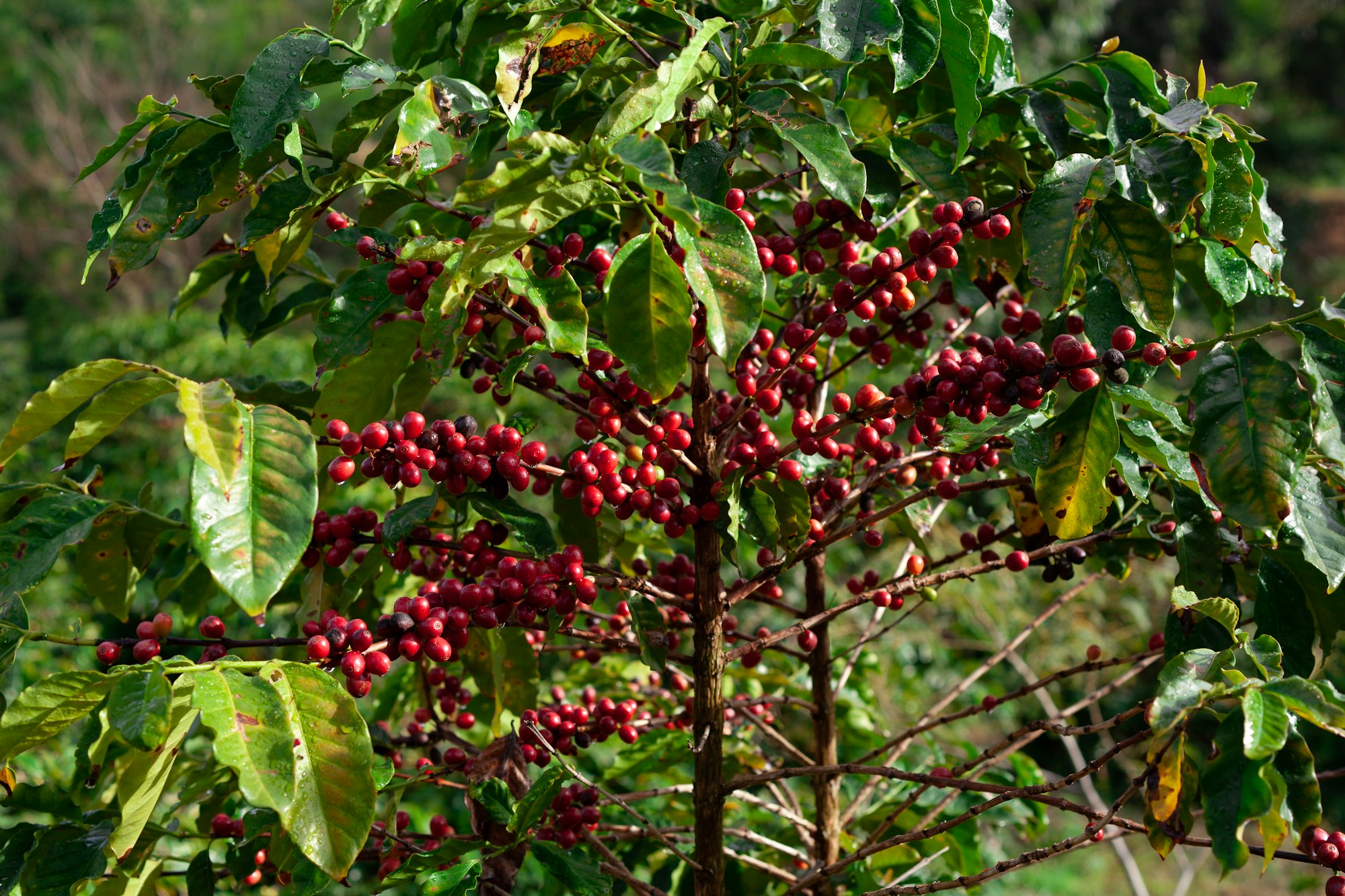Understanding Agroecology & Its Importance to the Average Australian

Agroecology is a scientific discipline, a set of practices, and a social movement. As a science, it studies how different components of the agroecosystem interact. As a set of practices, it seeks sustainable farming systems that optimise and stabilise yields. As a movement, it pursues food sovereignty and the rights of communities.
For the average Australian, understanding agroecology is crucial for several reasons:
- Sustainable Food Production: Agroecology promotes farming practices that are sustainable and friendly to the environment. It encourages biodiversity, improves soil health, and promotes the recycling of nutrients.
- Climate Change Mitigation: Agroecological practices can help mitigate climate change by reducing greenhouse gas emissions from agriculture.
- Food Sovereignty: Agroecology supports the idea of food sovereignty, which is the right of communities to choose where and how their food is produced.
- Health and Nutrition: Agroecological farming practices can lead to more nutritious food production, which is beneficial for public health.
- Economic Benefits: Agroecology can contribute to local economies by promoting sustainable farming systems that are resilient to climate change and market fluctuations.
Understanding and adopting agroecology can lead to a more sustainable and resilient food system in Australia, benefiting not just farmers but all Australians.
Practicing Agroecology at Home, in the Community, and on the Farm
Agroecology isn't just for large-scale farming operations; it can also be practiced at home, in the community, or on small farms. Here are some ways to get started:
At Home:
- Start a Home Garden: One of the simplest ways to practice agroecology at home is by starting a garden. This can be done in your backyard, or even in containers if space is limited.
- Composting: Composting is a great way to recycle organic waste and improve soil health. It reduces the need for chemical fertilizers and helps retain soil moisture.
- Plant Diversity: Plant a variety of crops to promote biodiversity. This can help control pests and diseases naturally.
In the Community:
- Community Gardens: Community gardens are a great way to practice agroecology on a larger scale. They provide a space for people to grow their own food, learn about sustainable farming practices, and build community.
- Education and Workshops: Organizing or participating in educational workshops on agroecology can help spread awareness and knowledge in the community.
- Farmers Markets: Supporting local farmers markets is a great way to promote agroecology. It supports local farmers who are practicing sustainable farming methods and provides access to fresh, local produce.
On the Farm:
- Crop Rotation and Polyculture: These practices can help maintain soil fertility, control pests and diseases, and increase crop yield.
- Agroforestry: This involves integrating trees into farming systems. It can help improve biodiversity, sequester carbon, and provide additional income.
- Cover Crops and Green Manures: These can improve soil health, control weeds, and provide habitat for beneficial insects.
By adopting these practices, you can contribute to a more sustainable and resilient food system in Australia.

